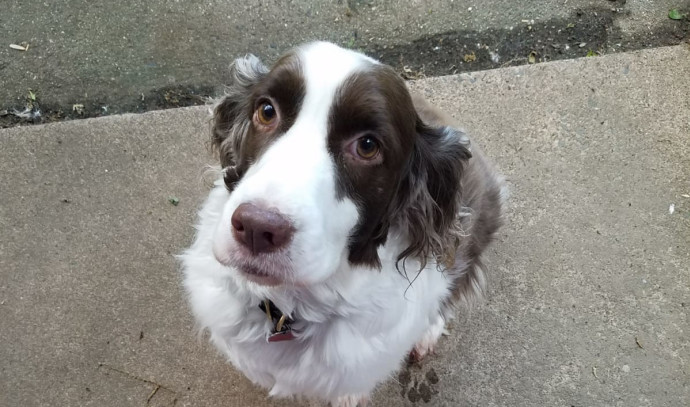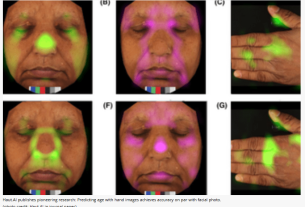Dog owners know the feeling of being greeted by their furry friends when they wake up in the morning, the excited wags and barks are ruined by the hot dog breath assaulting their nostrils. Luckily, a group of researchers has published a potential cure for the odeur de dog breath on Friday.
The peer-reviewed article, published in the academic journal Frontiers in Veterinary Science, has found that at least 80% of dogs aged over 3 years suffer from Periodontal disease.
Periodontal disease in dogs
Periodontal disease begins as gingivitis, where gums can become red and inflamed. Other symptoms of the disease may include bleeding and, in advanced cases, teeth falling out.
Periodontal disease is also a precursor to other diseases, including some potentially life-threatening cardiovascular and lung diseases.
The cause of periodontal disease, which is easily treatable, is poor dental hygiene. A lead up of plaque and tartar can be caused by owners failing to brush their dogs’ teeth regularly. Sometimes, the owner might wish to brush a dogs‘ teeth and find that their dog is not as keen on the idea – which is why researchers are exploring new ways to aid canine dental hygiene.
How to save your dog from periodontal disease
The researchers conducted a blind randomized trial, giving some of the 40 dogs in the experiment the over-the-counter oral hygiene product, Vet Aquadent® FR3SH™, and some were given water. All the dogs in the study had some degree of gingivitis.
After 30 days of the experiment, the dogs were given a dental check-up. Dogs which had received the treatment scored 47% lower for the amount of plaque, and had a 24% lower score for the amount of tartar, compared to dogs only given water.
“Here we show that an additive to drinking water, based on pomegranate extract, can reduce the accumulation of plaque and tartar in dogs,” said Dr Jerzy Gawor, a veterinary dentistry practitioner and researcher at the Arka Veterinary Clinic in Krakow, Poland. “This additive thus helps dogs to maintain healthy gums, and may ultimately help to limit the occurrence of periodontal disease.”
“Daily oral hygiene and prophylaxis are essential to prevent periodontal diseases in dogs. This includes active methods like brushing, passive methods like dental chews or water additives, or a combination, as well as regular clinical dental checks. The frequency of the latter should depend on the dog’s age, breed, size, and predisposition, as determined by veterinary clinicians.”



